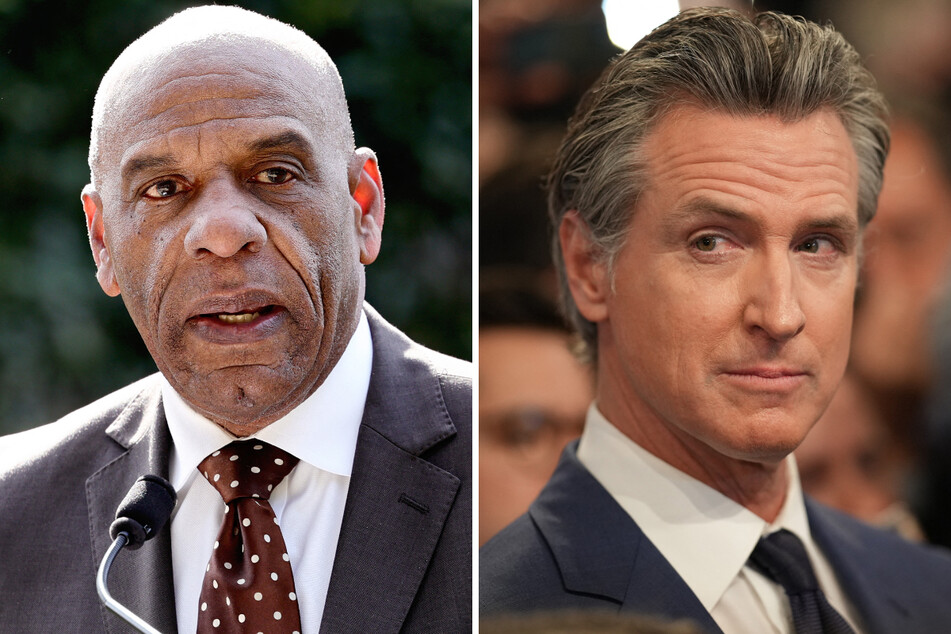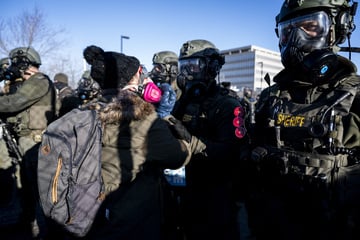California reparations bills falter as Governor Newsom faces accusations of interference
Sacramento, California - Two historic reparations bills in California stalled out in the state Assembly on Saturday night, with Governor Gavin Newsom in the spotlight over a late effort to weaken the legislation.

Racial justice advocates and lawmakers who have worked on the bills for years had made urgent calls on Friday for the bills to be brought to a vote before the end of the legislative session.
But in a twist that caused significant anger, the California Legislative Black Caucus (CLBC) declined to bring the two most impactful pieces of legislation to the Assembly floor, effectively killing them.
Senate Bill 1403 would have created the California American Freedmen Affairs Agency (CAFAA) tasked with helping administer reparations, while Senate Bill 1331 mandated the creation of a fund in state treasury to finance reparations initiatives approved by the legislature and governor.
At one point, Republican Assemblymember Bill Essayli tried to bring a motion to put one of the bills to a vote, but he was blocked. The California Assembly put the legislation in the Inactive File – a move their author, state Senator Steven Bradford, said he had not wanted.
At the heart of the controversy is a late intervention by Newsom, who reportedly pushed to scrap the CAFAA and only set aside $6 million for California State University to "conduct research" on the issue of reparations.
As critics pointed out, the bills, which had been passed by multiple Assembly committees as well as the full Senate, were themselves the result of two years of research and study.
According to Politico, Bradford told reporters that Newsom's office was worried about budget issues. He refused to incorporate the governor's amendments and criticized the CLBC's decision not to move forward with the bills.
For its part, the caucus said "concerns and issues" with the Freedmen Affairs Agency bills had recently emerged, and that it was choosing to focus on other legislative efforts.
At the end of the day – and the legislative session – reparative justice advocates, who had crowded the Capitol to demand a vote on the bills, asked their representatives for an explanation. Footage showed lawmakers shuffling past without addressing them.
Cover photo: Collage: Arturo Holmes & Andrew Harnik / GETTY IMAGES NORTH AMERICA / Getty Images via AFP
